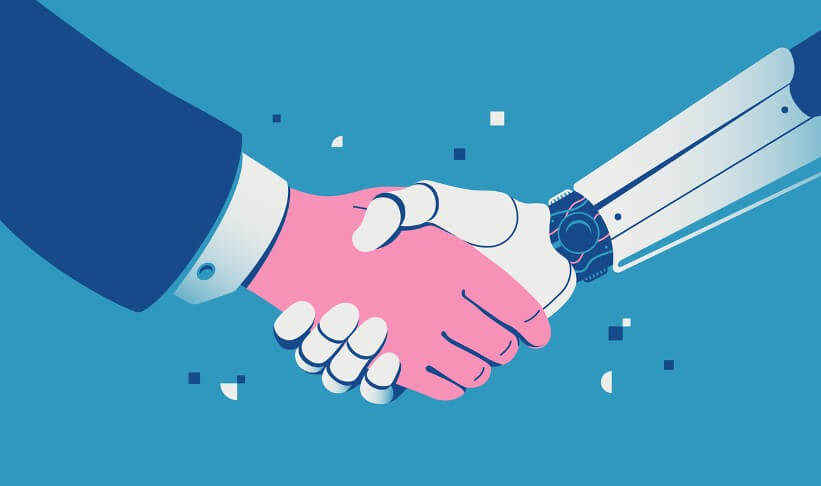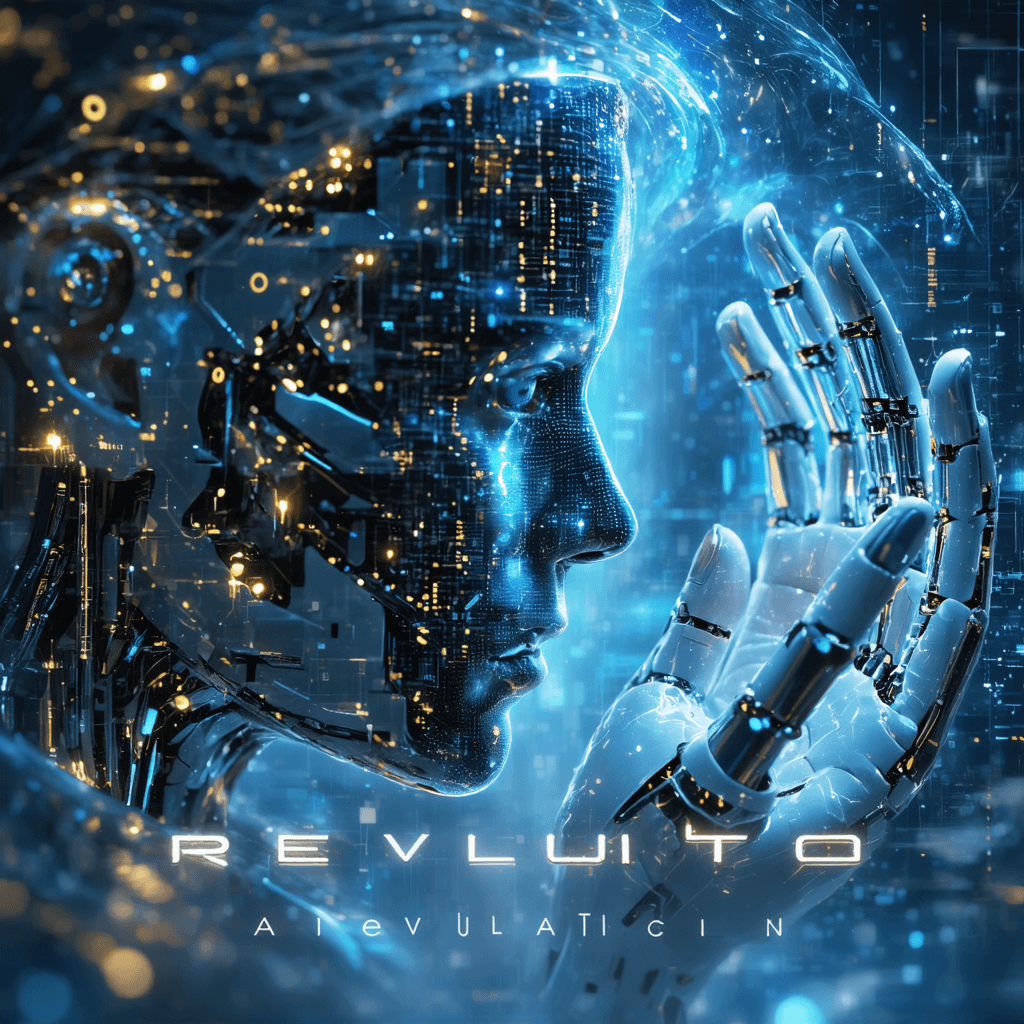AI Revolution 2025: How Emerging Tech is Reshaping Jobs and Creating Tomorrow's Workforce Crisis
The AI revolution has ushered in an unprecedented era of technological transformation, fundamentally reshaping the global workforce landscape in 2025. Recent data from the World Economic Forum indicates that we're witnessing the most significant technological shift in human history, with artificial intelligence at the forefront of this change.

The Current State of AI in the Workforce
According to the latest statistics, approximately 86% of companies worldwide are actively integrating AI and advanced information processing systems into their operations. This rapid adoption has created a complex dynamic in the job market, where traditional roles are being transformed or eliminated while entirely new positions emerge.
Recent findings from McKinsey Digital reveal that AI implementation has reached a critical mass in 2025, with:
- 40% of traditional inventory management tasks now fully automated
- 52% of industry experts acknowledging AI's dual role in job displacement and creation
- A projected 1.5% increase in labor productivity growth
Emerging Job Categories and Skills
The transformation of the workplace has given rise to entirely new career paths. The Bureau of Labor Statistics' 2025 projections highlight several emerging job categories:
- AI Ethics Officers
- Machine Learning Operations Specialists
- Human-AI Collaboration Managers
- Digital Transformation Consultants
- Automation Implementation Coordinators

The Workforce Crisis: Challenges and Opportunities
The rapid pace of AI adoption has created a significant skills gap in the labor market. According to Deloitte's 2025 Manufacturing Industry Outlook, while some traditional jobs are being automated, there's an acute shortage of workers with AI-related skills. Key findings include:
- 30% of US companies have reported difficulty finding qualified candidates for AI-enabled roles
- 65% of workers require significant reskilling or upskilling
- 78% of organizations are investing in internal training programs
Economic Impact and Industry Transformation
The International Monetary Fund's latest analysis reveals that AI's impact on the global economy is more profound than initially anticipated. Industries experiencing the most dramatic transformation include:
- Financial Services
- Healthcare
- Manufacturing
- Retail
- Professional Services
Preparing for the Future
To navigate this rapidly evolving landscape, both individuals and organizations must adopt proactive strategies:
For Individuals:
- Develop hybrid skill sets combining technical and soft skills
- Embrace continuous learning and professional development
- Focus on skills that complement AI rather than compete with it
- Build adaptability and resilience
For Organizations:
- Implement comprehensive reskilling programs
- Create clear career progression paths for AI-adjacent roles
- Foster a culture of innovation and technological adaptation
- Invest in human-AI collaboration frameworks
The Path Forward
As we navigate through 2025, it's clear that the AI revolution is not just about technological advancement – it's about reimagining the very nature of work. The key to success lies in striking the right balance between human capabilities and artificial intelligence.
The workforce crisis we're experiencing is not insurmountable, but it requires immediate and decisive action from all stakeholders – governments, educational institutions, businesses, and individuals.
Ready to future-proof your career? Explore 01TEK's comprehensive range of AI and technology courses designed to prepare you for the jobs of tomorrow. From foundational AI concepts to advanced machine learning applications, our programs are crafted to bridge the current skills gap and position you at the forefront of the AI revolution.
Discover Your Next Career Move with 01TEK Today →
Sources:
Formal education will make you a living; self-education will make you a fortune.
Jim Rohn, author and speaker




